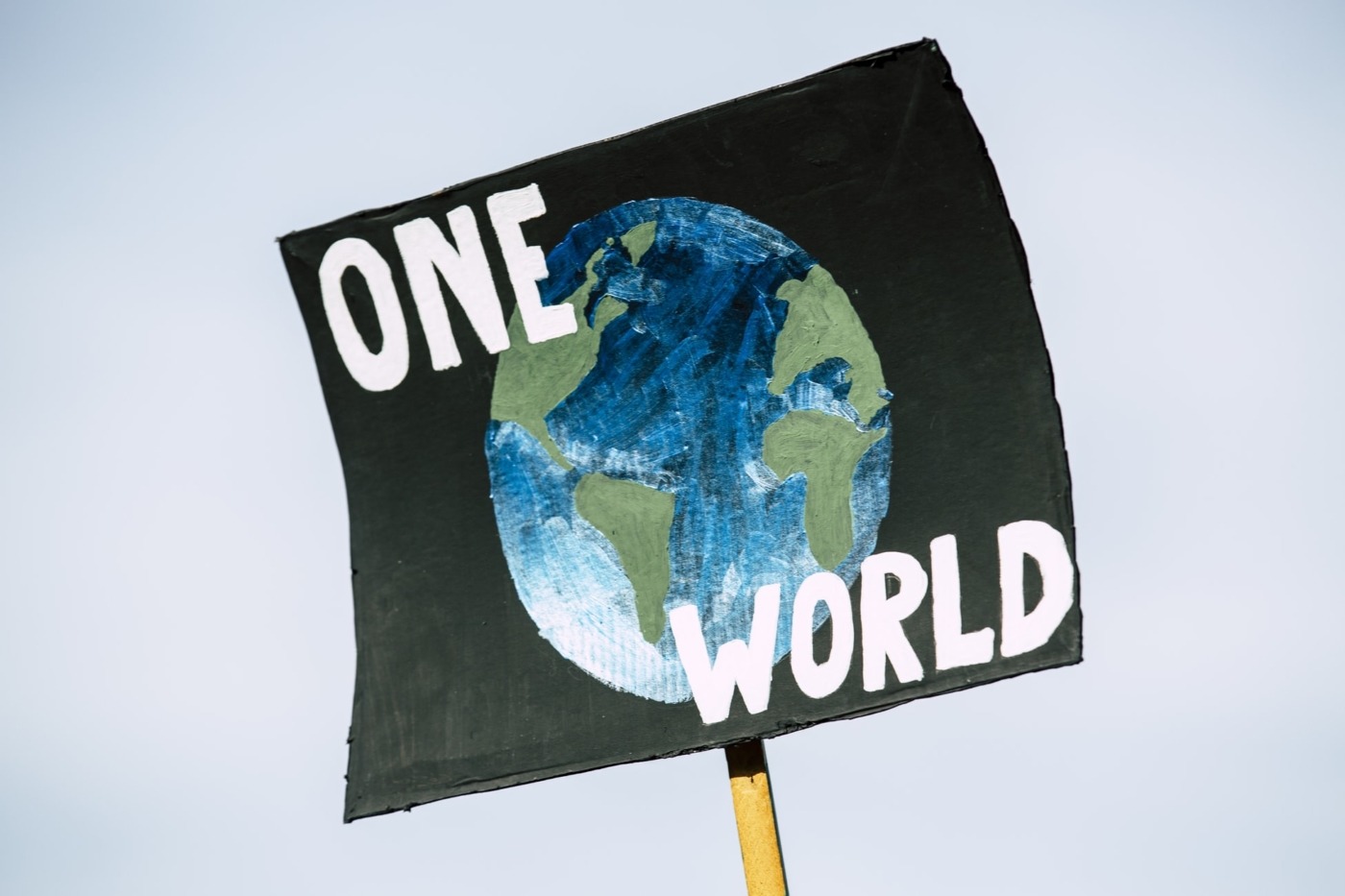‘Climate Refugees’: the forgotten victims of climate change
One of the defining events of the last decade has been the refugee crisis. Throughout the 2010s, millions of refugees fled wars in Syria, Afghanistan and Iraq for Europe, however dangerous the journey. Their aim? To reach a safe country, protect their families and try to rebuild their lives. For decades, society has been aware of refugees – individuals forced to leave their homes – because of warfare.
However, over the last few years, a new justification for fleeing one’s home has entered the global sphere: climate change. Whether it’s the impact of natural disasters, rising sea levels or increases in droughts, people are being forced to leave behind their homes, communities and livelihoods if they want to survive. According to the United Nations University, people may leave their homes due to heavy flooding or an inability to raise livestock. The poorest are most likely to be affected because their livelihoods depend on agriculture. Yet, they are also most likely to lack the financial resources to flee.
Over the last few years, a new justification for fleeing one’s home has entered the global sphere: climate change
It is hard to define what exactly makes someone a climate refugee or to estimate how many exist in our society. According to the Climate Migration website, there are several factors that could lead someone to abandon their home. For example, a drought caused by global warming would make farmers flee not only because of the damaging climate but the economic consequences of being unable to sell crops.
The issue of climate refugees poses a serious threat to our planet. According to the UN, in 2018 more than 17 million individuals were displaced because of natural disasters across 147 countries. These people have failed to receive the necessary public or legal attention they deserve. Legally, climate migrants are not considered refugees, with the 1951 Refugee convention focusing on people fleeing because of their ‘race, religion, nationality, membership of a particular social group or political opinion.’ That someone could be forced to flee due to environmental factors has not been considered.
In 2018, more than 17 million individuals were displaced because of natural disasters across 147 countries
On the other hand, simply providing the rights of climate refugees in law might not solve the problem. The UN has argued such a solution would be too simplistic and only partially solve the problems refugees face. The majority of movement as a result of climate change is internal, meaning, unlike other refugees, they are not seeking to flee their own state and seek protection under another state. Furthermore, there are fears that making a new refugee status for people affected by climate change could exclude individuals who require protection but are unable to provide evidence for how the climate has affected them. Thus, by trying to help people affected by climate change, more individuals could be inadvertently excluded.
No one country alone can deal with the movement of people and successfully combat climate change. To solve this, the UN Refugee Agency is taking part in actions like providing legal advice to people displaced in conflicts, conducting research to better understand activities surrounding their movement and ensuring policies for those affected by climate-related disasters are coherent and consistent. While the situation isn’t perfect, there is some hope to be found.
Climate change is a universal problem; we can no longer ignore the people who are affected by it the most
What does the future hold for some of the most vulnerable individuals in the world? The picture, sadly, is unclear. It is hard to predict the number of future climate refugees, not least because many will move within their own countries. The universality of climate change means all nations have to take its consequences, like climate refugees, seriously. As part of the flagship 2015 Paris Climate Agreement, a UN Taskforce was set up to examine how climate refugees could be helped. While the situation is far from being solved, it looks more likely that individuals will receive the help they require. Recognition is a start, but climate refugees need access to help and support. Climate change is a universal problem; we can no longer ignore the people who are affected by it the most.

Comments